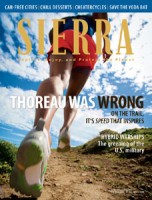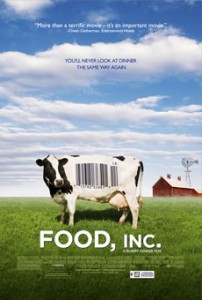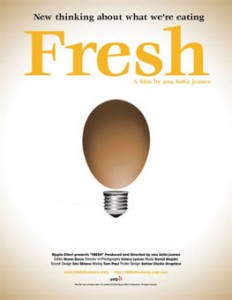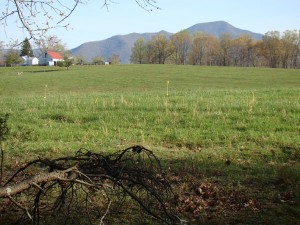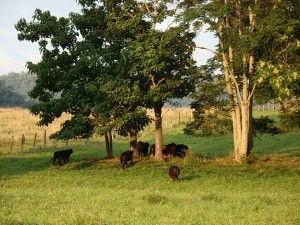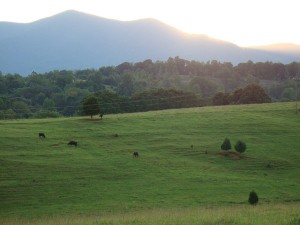No author has informed and influenced me more in recent years than Michael Pollan. As I became interested in gardening, his Second Nature: A Gardener’s Education captured the tension (also, as Pollan says, a false dichotomy) between nature and culture that is inherent in the enterprise and bedevils every gardener. His Botany of Desire provided, as its subtitle states, “A Plant’s-Eye View of the World,” both putting claims of “domestication” in perspective and showing how dangerously problematic the collaboration of corporate and plant species interest can become. Pollan’s The Omnivore’s Dilemma then integrated these themes into a broader canvass that included a devastating critique of industrial agriculture and a lament for the loss of a coherent food culture in the U.S. And most recently, Pollan critiques the faddish and corporate-influenced nutrition industry in his In Defense of Food: An Eater’s Manifesto, which also includes a vigorous defense of the pleasures of cooking and good eating. I’ve learned much from each of these highly readable books, and recommend them to all.
In the past month or so, Pollan has published two pieces in the New York Times that are perhaps less likely to have caught the eye of readers of this blog: hence this post. The first, Out of the Kitchen, Onto the Couch, is a fascinating analysis of how it has come about that Americans as a whole spend more time watching cooking shows than actually cooking, something that only a decreasing minority actually engages in. This has meant that corporations do the cooking for America, with obesity, diabetes, heart disease, food poisoning, environmental destruction, global warming, and a variety of other ills as the consequence. Pollan ends with a claim that cooking matters hugely, and that it can be a fulfilling activity, not the “drudgery” that food industry advertising has claimed to liberate people from.
More recently, on the day after President Obama’s speech to Congress in support of health care reform, the New York Times published an op-ed piece by Pollan entitled Big Food vs. Big Insurance. Pollan argues that the “elephant in the room” of the health care debate is the American way of eating, which is very likely the single most important cause of both the cost of health care in the U.S. and the dismal health status of Americans. He also argues that any health care reform that eliminates the ability of insurance companies to discriminate against people with “pre-exisiting conditions,” to drop subscribers at will, and to charge different rates, will set in motion a new dynamic in industry and politics–one that will for the first time pit a new interest of the insurance industry in addressing issues of diet against a government-subsidized food industry that promotes a kind of eating that makes people sick. Who will win in such a conflict may be uncertain, but Pollan certainly succeeds in placing the health care debate in a broader context of both food and politics.  You can read both pieces by following the hyperlinks above. Also recommended for those interested in food policy is Pollan’s letter to the future “Farmer in Chief” last fall (2008).


 Â
 


 Â Â
  
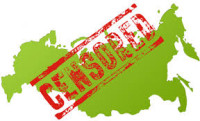 Â Â Â
   
